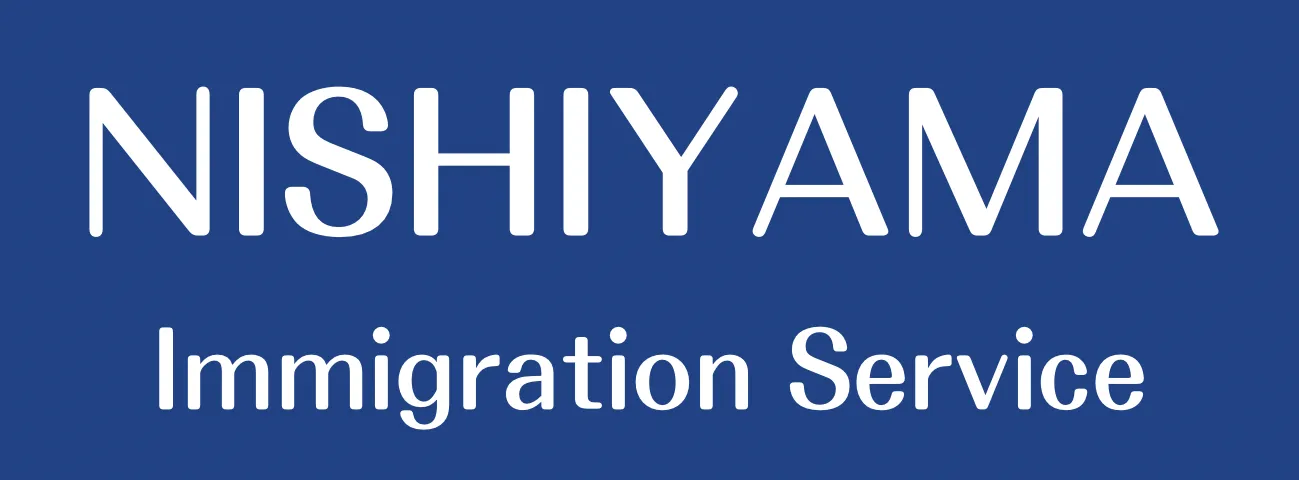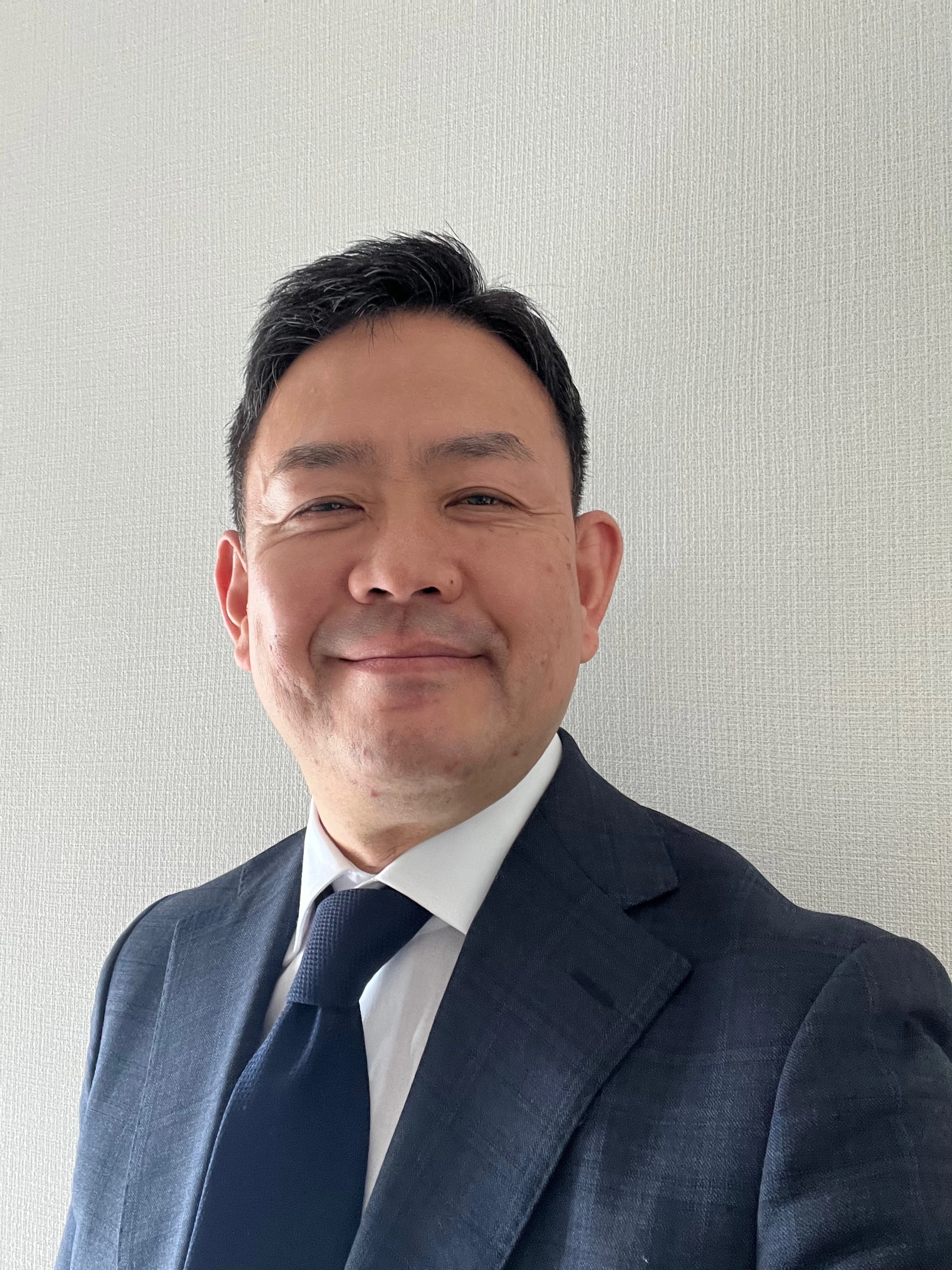[Blog]Forgery of “Specified Skilled Worker” Certificates and How Employers Can Verify Them
2025-10-28
News Overview and Why This Matters
Recently, a case reported by FNN revealed that a forged “skills test certificate” was used to fraudulently apply for the Specified Skilled Worker (SSW) residence status in Japan. The incident involved suspects in Osaka who allegedly submitted a counterfeit certificate to immigration authorities. While this may seem like an isolated case, it highlights a growing issue: employers who hire foreign workers under the SSW system must ensure that the Japanese language and skills certificates submitted by applicants are authentic.
Understanding the Requirements for the SSW Visa
To obtain the Specified Skilled Worker (Type 1) visa, foreign nationals must generally pass two key assessments: a Japanese language proficiency test and a job-specific skills evaluation test. For Japanese language ability, applicants must demonstrate at least JLPT N4 level or pass the JFT-Basic test. In addition, each industry—such as caregiving, food service, or construction—has its own skills evaluation exam designed to confirm practical competence. These requirements are overseen by Japan’s Immigration Services Agency and respective ministries.
Why Employers Should Verify Certificates
If an employer unknowingly accepts a fake certificate, they could end up hiring someone without valid status, exposing their company to administrative penalties and reputational harm. In some cases, authorities may also investigate employers to determine whether they were negligent in verifying the documents. To avoid these risks, it’s crucial for employers to establish a basic verification process as part of their hiring routine.
How to Verify Certificates in a Simple, Practical Way
First, always ask to see the original certificate—not just a photo or copy. Compare it with the applicant’s residence card and passport to ensure the name, birth date, and certificate number match. Next, note the issuing organization’s name and contact details, then check their official website. Many testing organizations publish certificate samples, issue formats, or even online verification portals. If something feels off, it’s okay to contact the organization directly for confirmation.
Step-by-Step Verification (Explained Simply)
1) Check the original document: Examine the paper closely for irregular fonts, misaligned seals, or signs of tampering.
2) Confirm the applicant’s identity: Ensure the details match their residence card and passport.
3) Contact the issuing organization: Use the test name and registration number to verify the result with the official test administrator. If you can’t find their contact information, you can check through the Immigration Services Agency or relevant ministry pages.
4) Use online verification systems: Some exams, like those in the caregiving or food service sectors, allow employers to verify results through online databases.
What to Do If You Suspect a Forgery
If you have doubts, start by contacting the issuing body confidentially. Keep a record of your communication and findings. If suspicions remain, explain the situation calmly to the candidate and request clarification. In cases that appear serious, consult with your registered support organization, a certified administrative scrivener (gyoseishoshi), or a labor consultant for guidance. If fraud is confirmed, cooperate with authorities promptly to maintain your company’s integrity.
Incorporating Verification into Your Hiring Process
It helps to standardize verification as part of your hiring workflow. For instance, set a clear sequence such as: application submission → document check (originals only) → HR verification → external confirmation (if needed) → final hiring decision. This ensures consistency and reduces oversight. If an applicant was previously a Technical Intern Trainee, ask for their completion certificate too—it can help cross-check their training history and skills background. Working with a registered support organization also helps ensure compliance and smoother onboarding.
Common Employer Questions, Answered Simply
“Can I accept copies of certificates?” → It’s safest to require the original.
“Will issuing organizations respond to my inquiries?” → Often yes, though they may need written consent from the applicant due to privacy laws.
“Are skill tests always required?” → In some cases, former Technical Intern Trainees who completed level 2 training successfully may be exempt from the skill test, so checking prior residence history is useful.
Final Thoughts: A Balanced Approach
The rise of forged certificates shows that employers need to be cautious—but not suspicious of every applicant. The goal isn’t to make hiring harder; it’s to make it more reliable. By following simple verification steps and keeping documentation, employers can prevent problems while maintaining trust with foreign staff. And if a problem does arise, transparent cooperation with authorities and proper recordkeeping will protect your organization’s reputation and legal standing.

